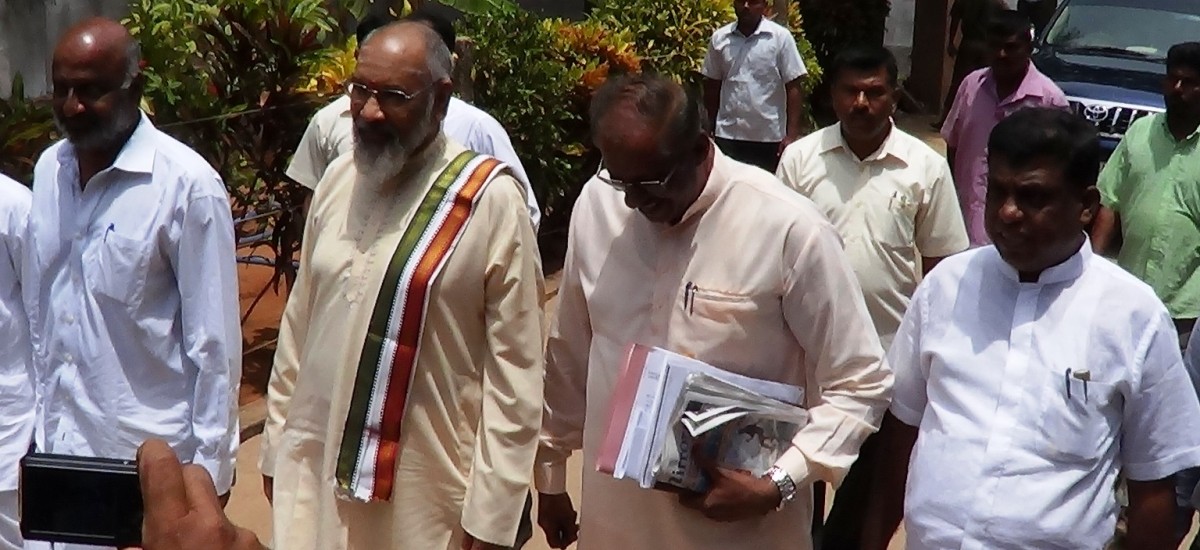Photo via Sri Lanka Guardian
I read with appreciation, the contents of the article of DBS Jeyaraj under the title “Imperative need to support Tamil Moderates in the struggle against Extremists” (Daily Mirror of March 7, 2015), though I have some reservations regarding the title. I am also happy to read DBS’ report of the two resolutions passed unanimously on Sunday, March 1 by the Central Working Committee of the Illangai Thamil Arasu Katchi, the lead political party of the Tamil National Alliance.
The first resolution reiterates some of the urgent and major problems of the Tamil speaking peoples, especially the victims of ethnic oppression and the civil war. This resolution urges the government to return the lands taken away from those displaced and to help to resettle the affected population on their own lands; to release political prisoners; to take necessary steps in respect of the disappeared; an to move towards an expected political solution to the ethnic conflict.
The second resolution condemns the continuing attacks on Sampanthan and Sumanthiran, especially from those within the TNA. As indicated by the recent burning of effigies and photographs, there appears to be an effort by one wing of the TNA to threaten and suppress those deemed ‘moderate’ as insufficiently nationalist. I am wary of using the disarming term ‘moderates’. As Rajani Thiranagama has noted in “Broken Palmyra” (Vol. 2, 6.2.5) “Though nationalism was meaningful due to the threat to existence under the Sri Lankan state, its narrowness, violent rhetoric and bigoted imagery were the reactionary elements that were to remain with the nation. The militants were not the initiators; they were the continuation of this history. The ideology in its totality goes to the credit of the ‘moderate’ and ‘middle of the road’ nationalists who were the initiators of this narrowness.”
The roots of our 24 year war can be traced to the narrowly nationalist positions taken by ‘moderates’ among different ethnic groups in the middle of the twentieth century. I see the conflict within the Tamil leadership as between those who seek to arrive at an achievable and pluralist solution and those who are intolerant of diversity and seek to press for objectives that, even irrespective of whether or not they are desirable, are clearly unachievable. Pressing for unachievable goals is not only futile but dangerous and would risk renewed conflict adversely affecting almost everyone on this island, and especially the Tamil people. A healthy and lively debate on issues in contention is desirable and essential but no attempts should be made to suppress the point of view of any section of the people in the name of nationalism.

